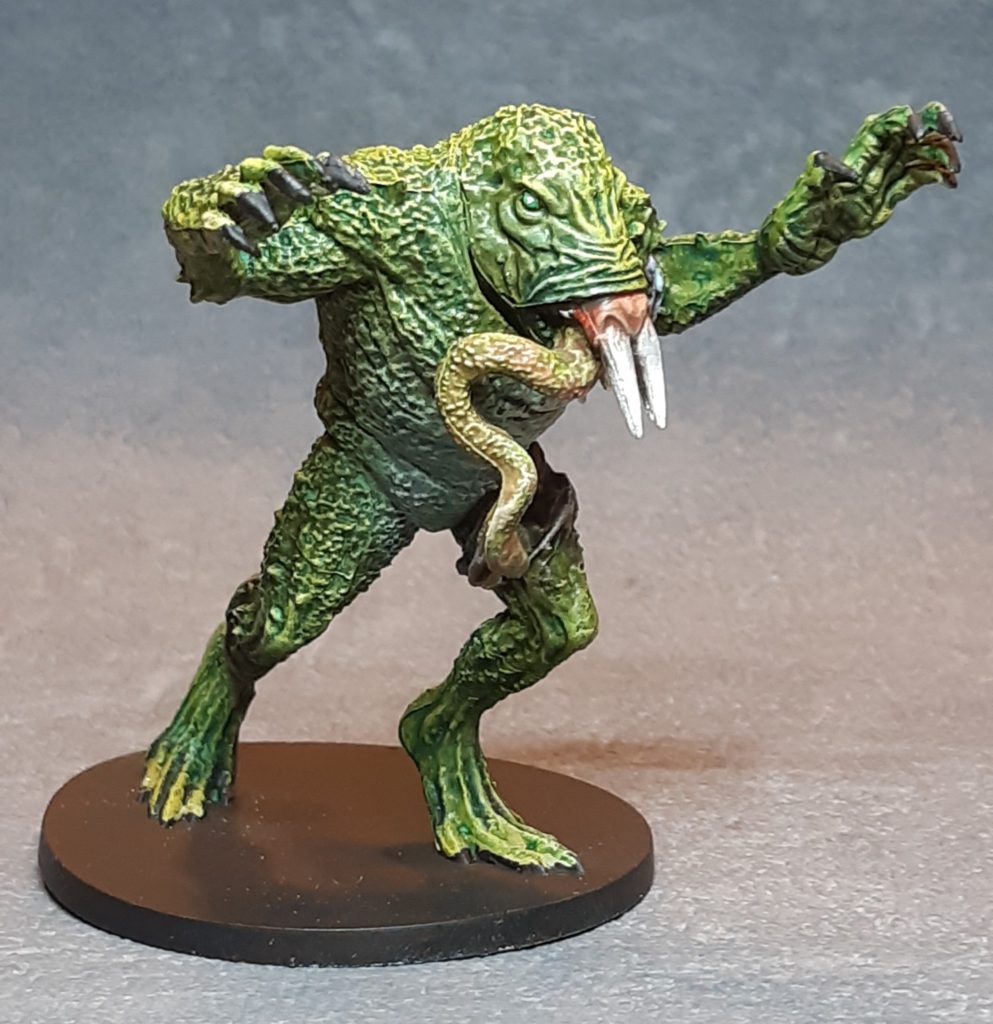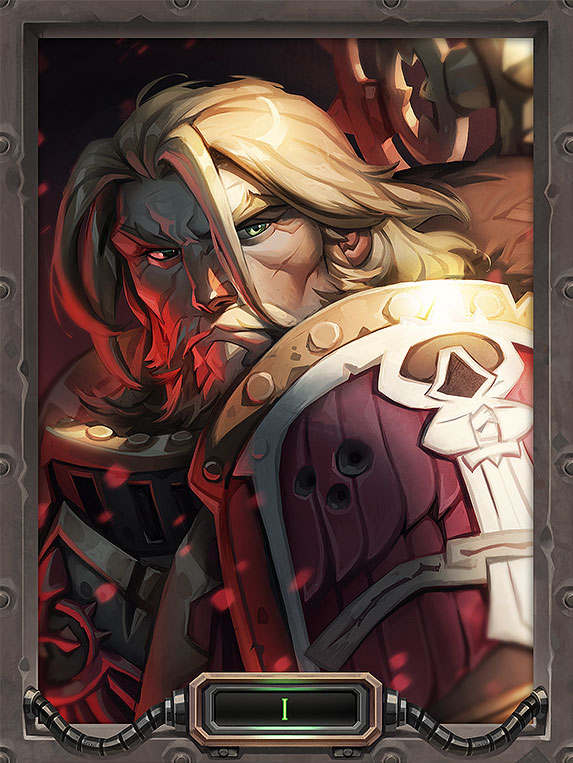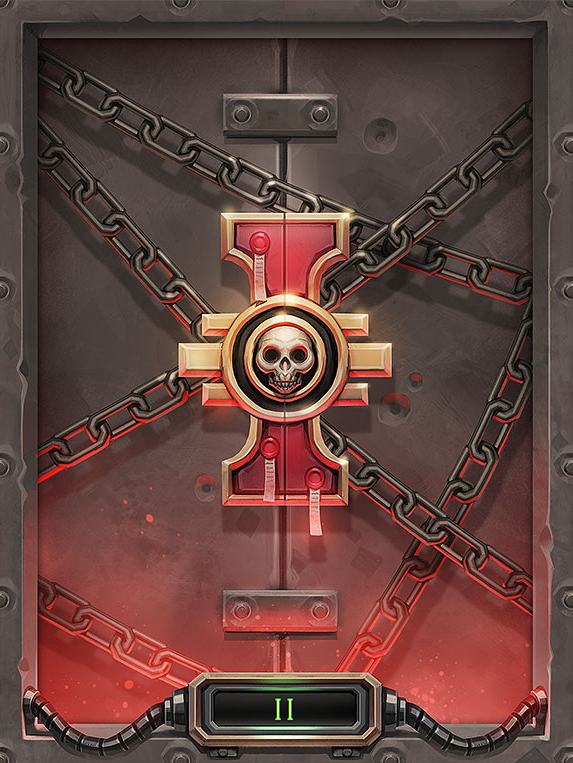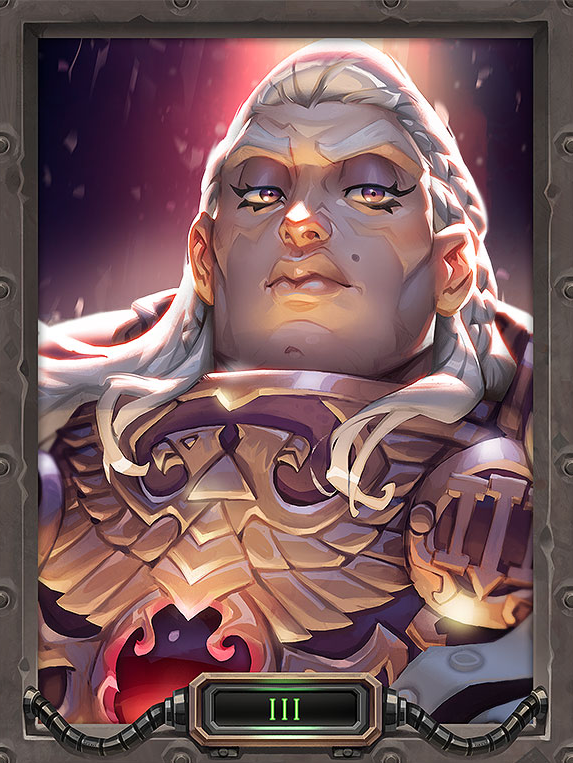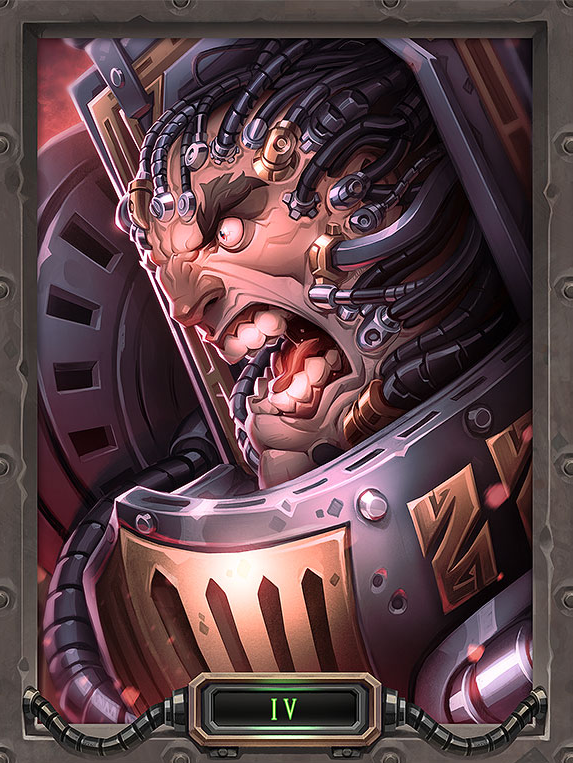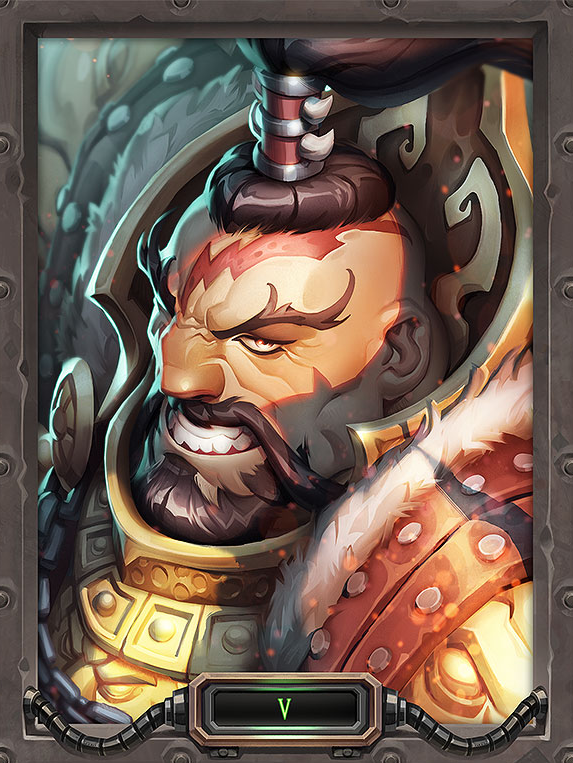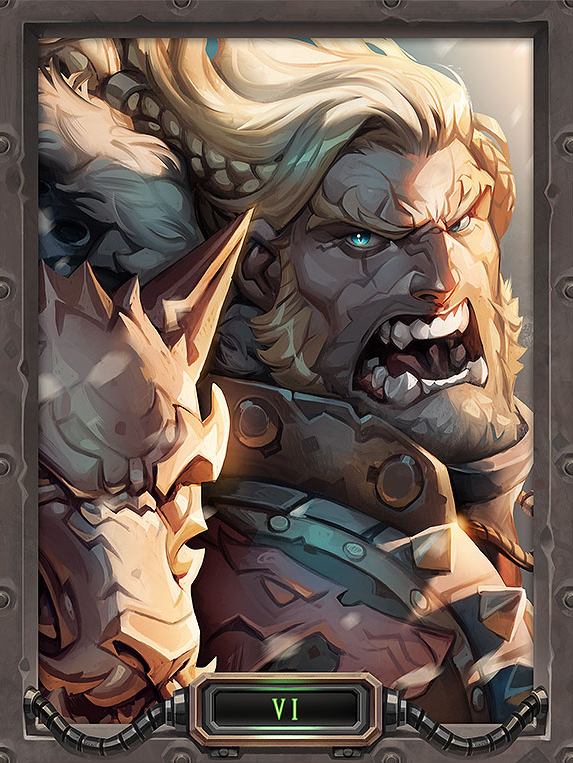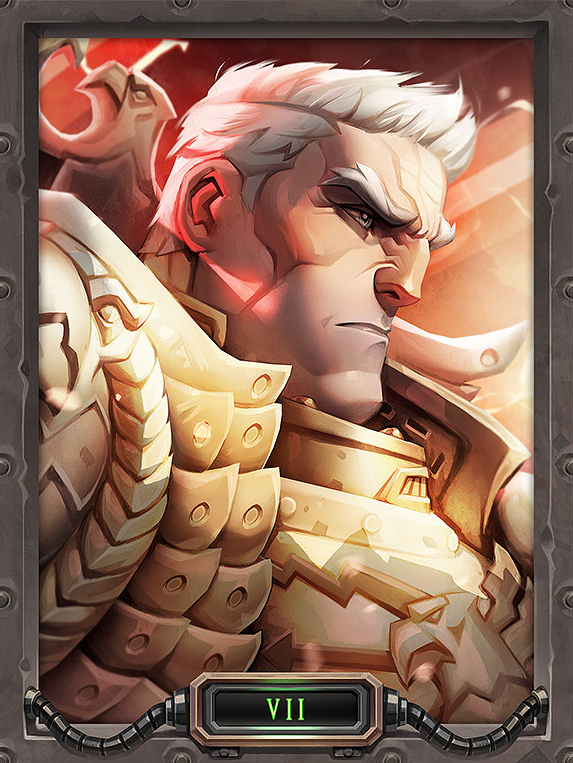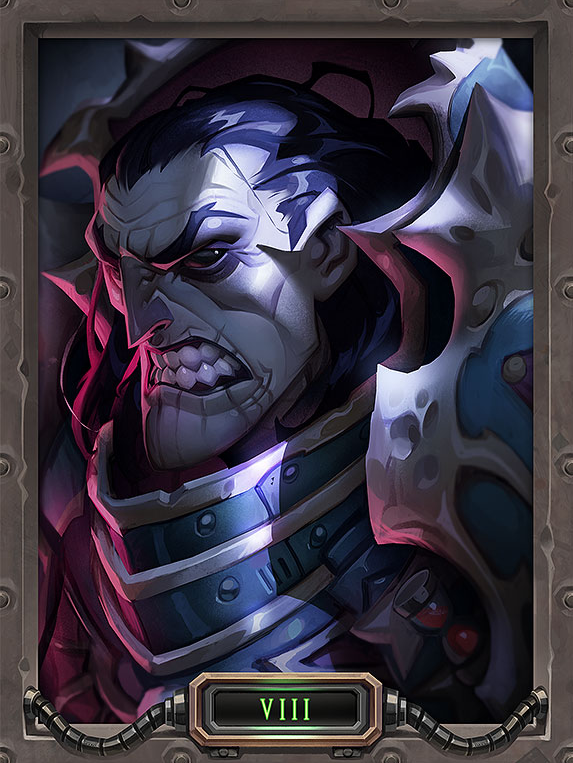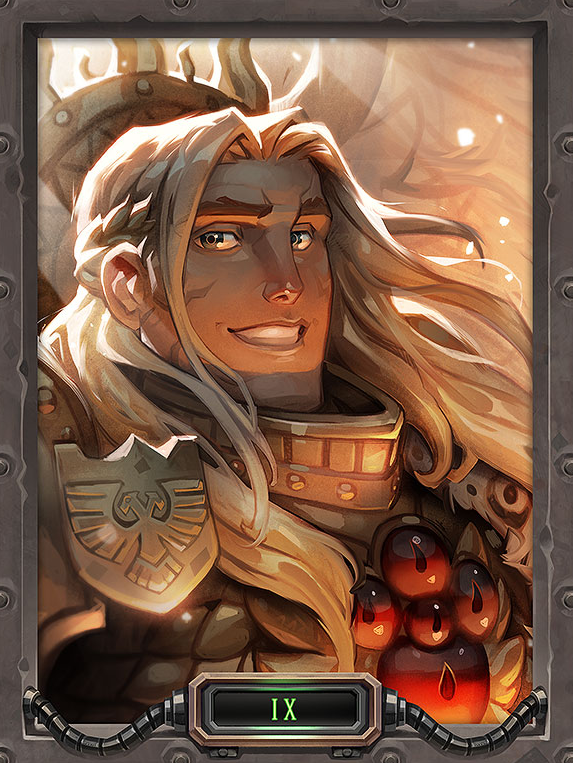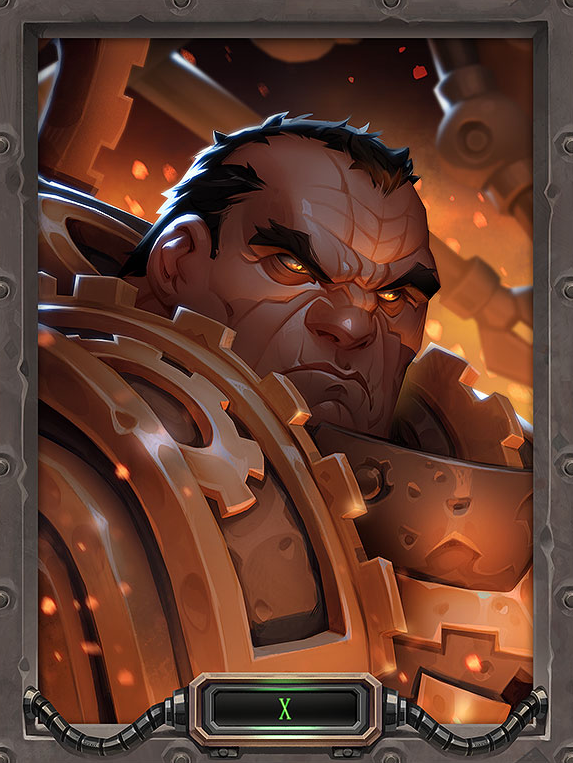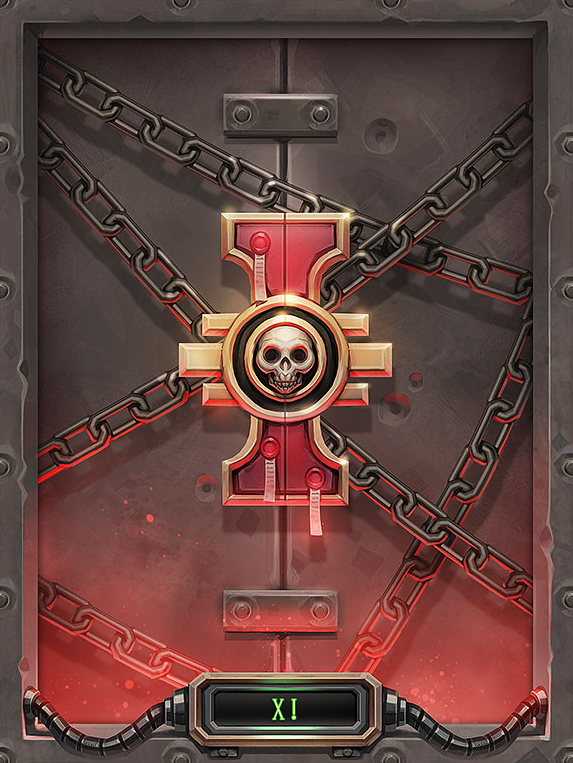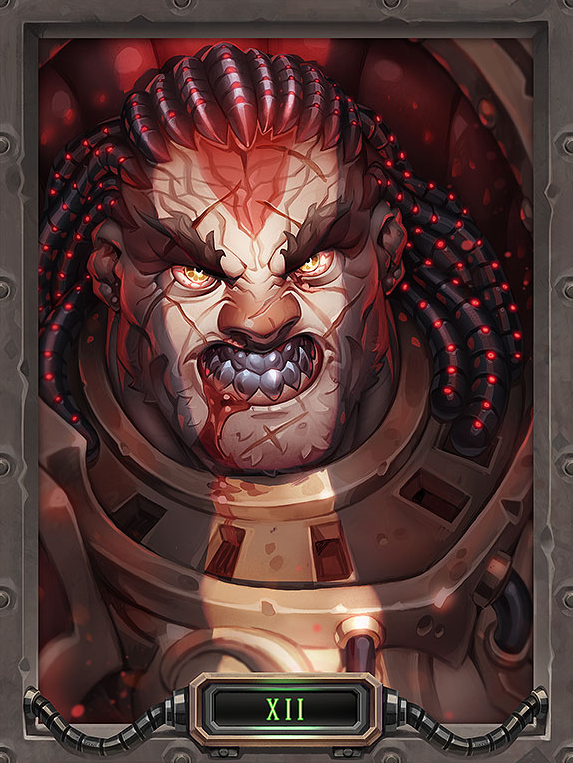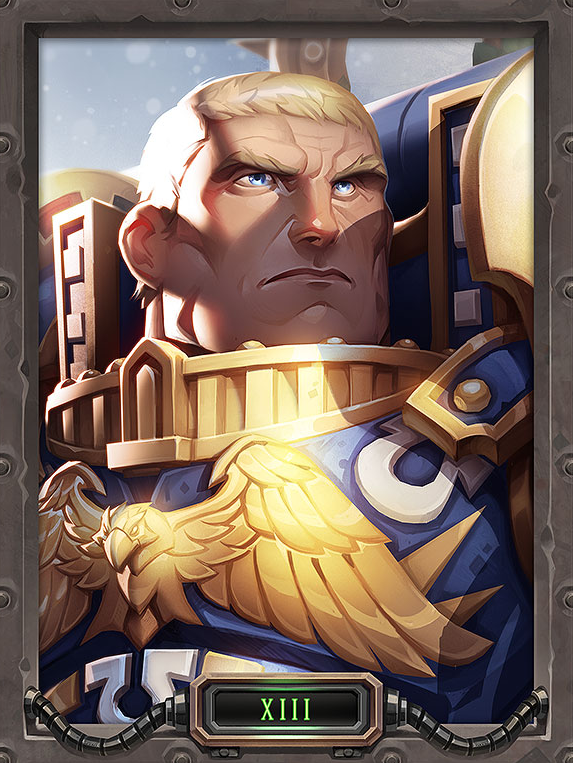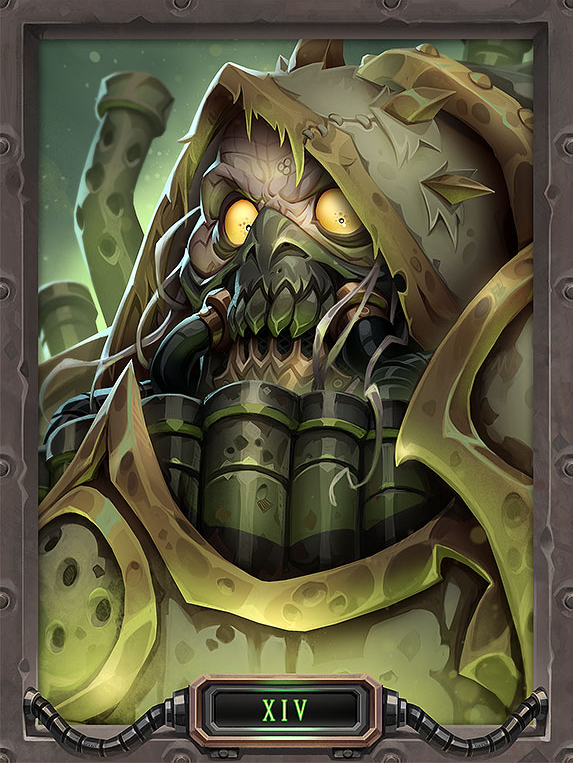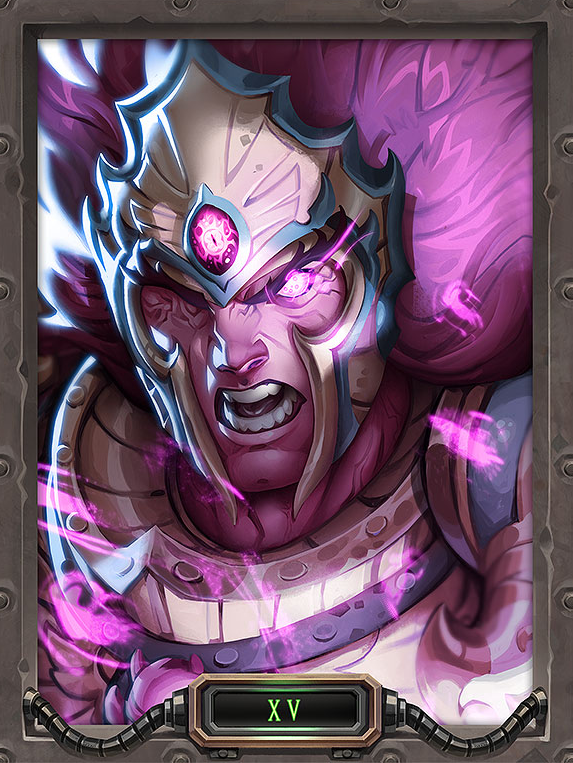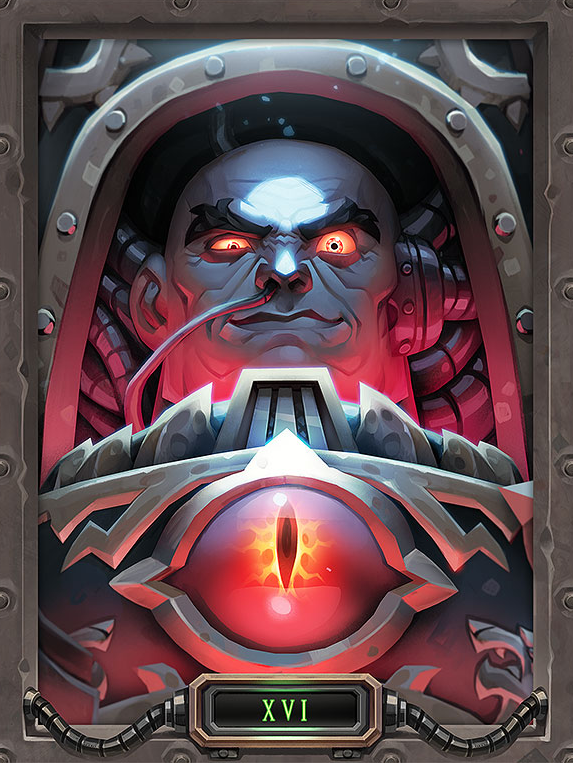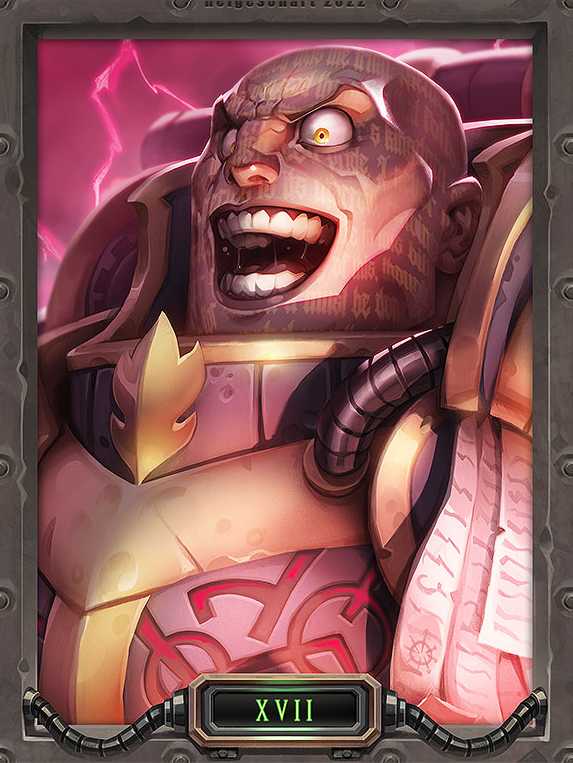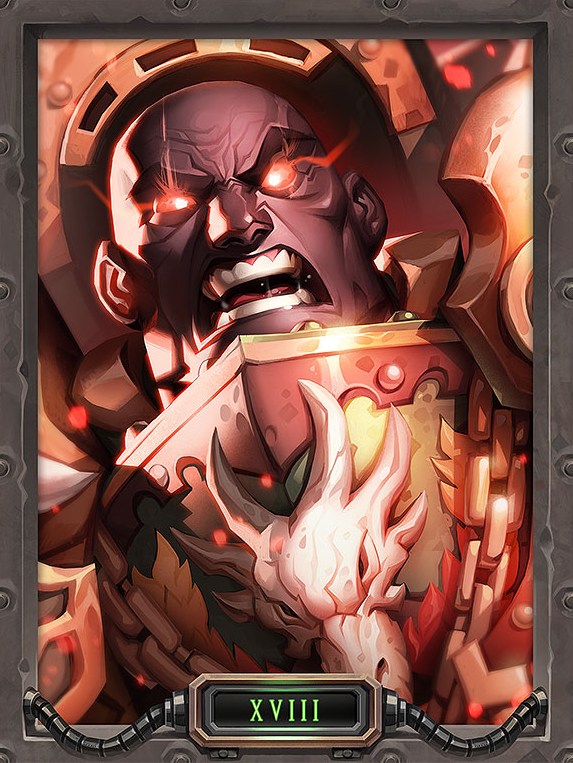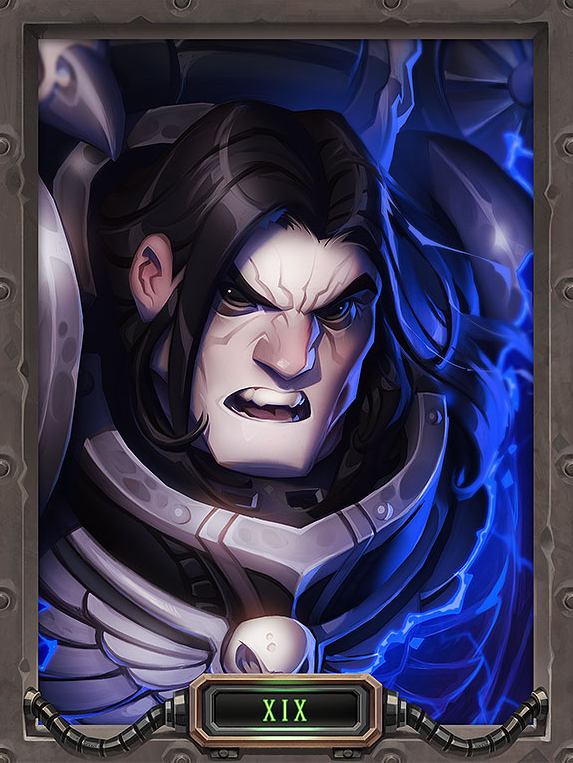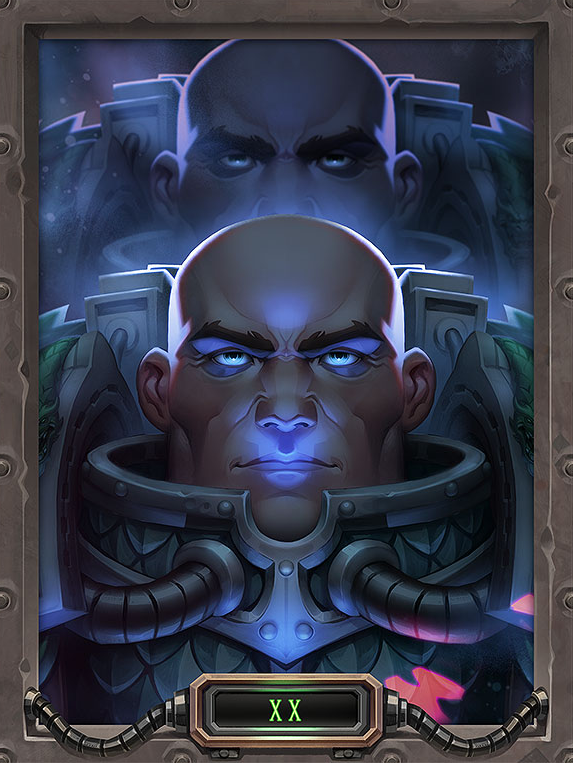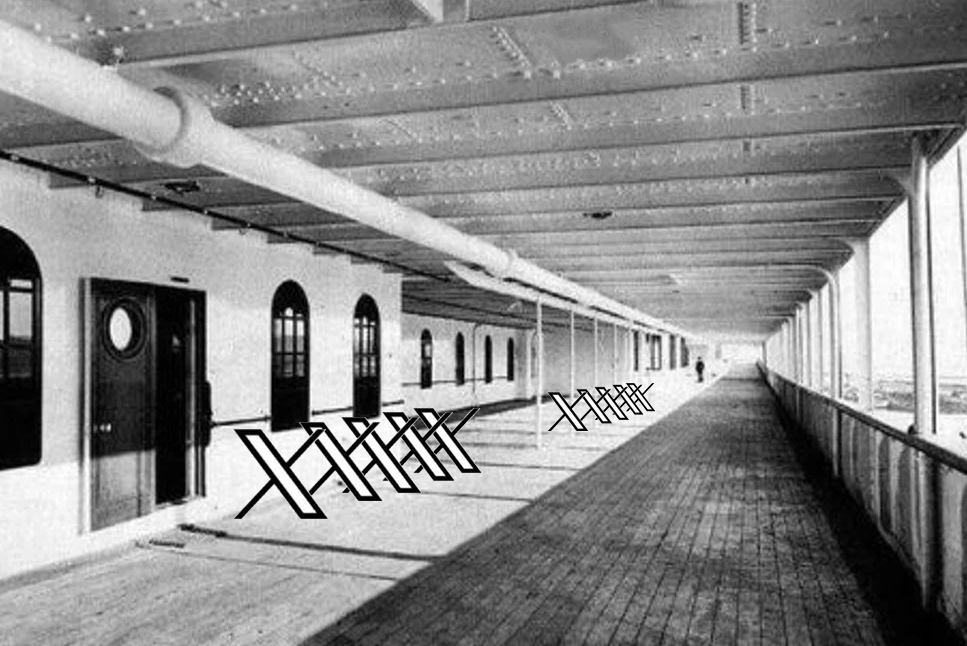I drive ’round cities in a chariot,
I get preferential treatment at the Marriott,
— “Record Collection” Mark Ronson and the Business Intl
The New South Wales right have cocks like mastodons
— “Dicktatorship”, TISM
Now you’re the only one here who can tell me if it’s true,
That you love me, and I love me,
— “Kiss me, Son of God”, They Might be Giants
I don’t think there are any Russians,
And there ain’t no Yanks,
Just corporate criminals,
Playin’ with tanks,
— “The Walls Came Down”, The Call
You see the ANZAC legend neglected to mention,
The mud, the fear, the blood, the tears, the tension,
Dad’s recollection, beyond comprehension,
Didn’t seem quite real until we were sent in,
— “I was only 19”, The Herd
Überheblich, überlegen,
Übernehmen, übergeben,
Überraschen, überfallen,
Deutschland, Deutschland über allen,
— “Deutschland”, Rammstein
Music was a product, now it is a service,
Major record labels, why you trying to hurt us?
— “Download this Song”, MC Lars
I volunteered for the Army on my birthday,
They draft the white trash first round here anyway,
— “Copperhead Road”, Steve Earl
There is no horizon I cannot set my eyes on,
— “The Ocean”, Lemon Demon
God bless the people in New York when they were attacked,
God bless the children being bombed there in Iraq,
God bless the goddamn junkie with a monkey on his back,
God bless everybody under the sun,
— “Something’s Gotta Give”, John Butler Trio
Watching for signs in an empty sky,
We never thought that the rain would fall as the years went by,
— “Children of the Sky”, Mike Batt
Scatman, fat man, black and white and brown man,
Tell me ’bout the color of your soul,
— “Scatman’s World”, Scatman John
Is that what love is?
Two minds with different constellations
Fitting in to light up the sky
— “Octopus”, Alex the Astronaut
I met my bebop baby at the Union Hall,
She could dance all night and shake the paint off the walls,
— “And we Danced”, the Hooters
Tonight,
The sky above us,
Dark and wondrous,
How could you be unsure?
— “Wild Surf”, Ash

